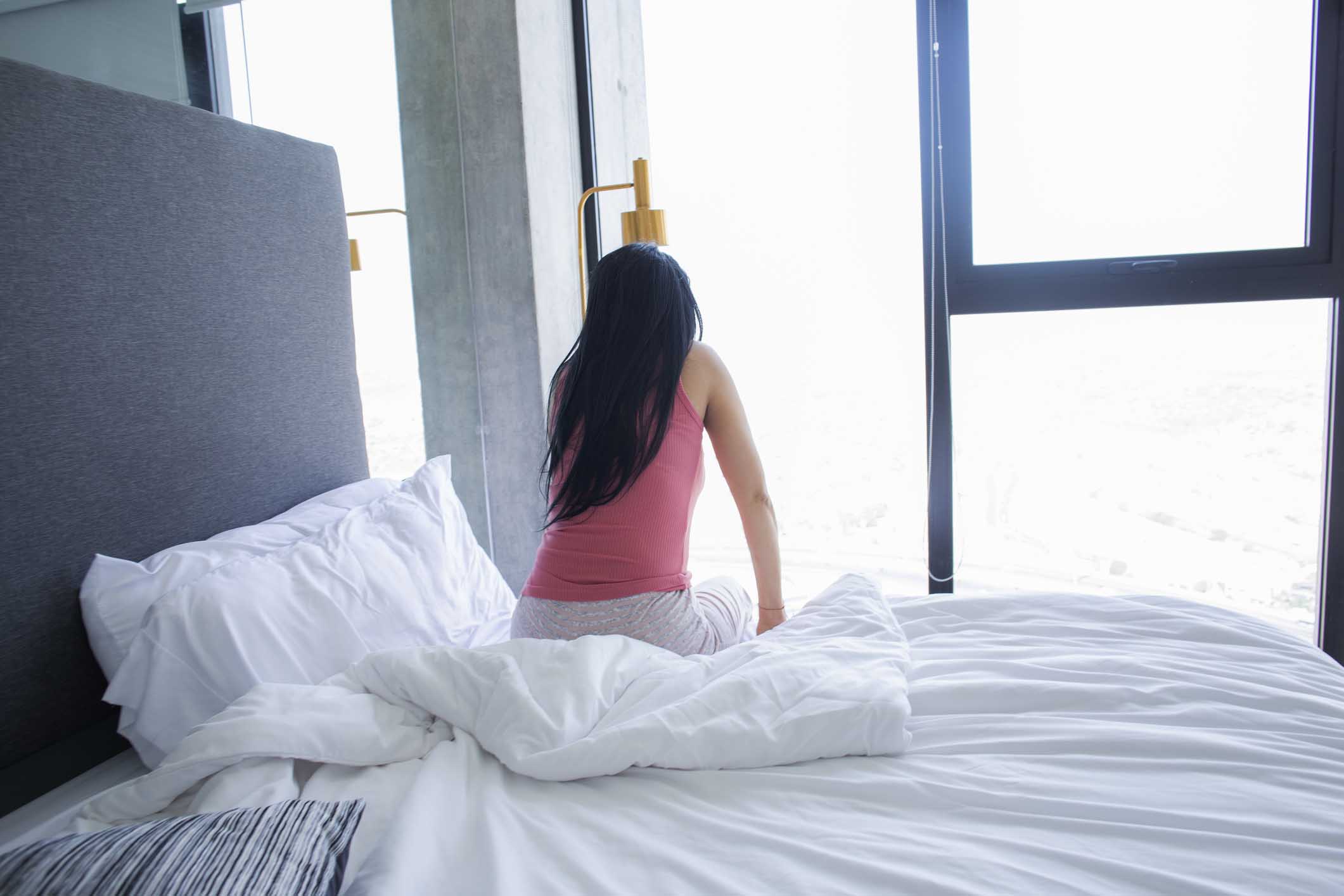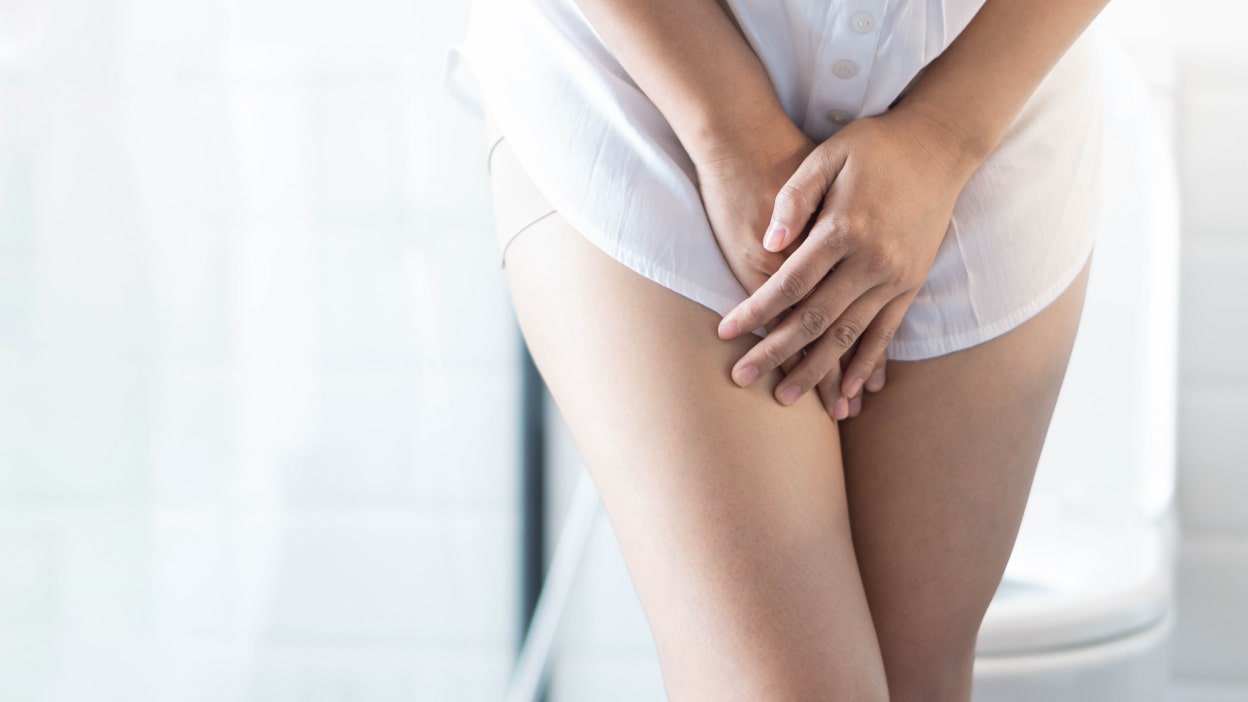What is Bladder Prolapse?
What is Bladder Prolapse?
What is a Prolapsed Bladder?
Bladder prolapse, also called a cystocele, occurs when the tissues and muscles of the pelvic floor are weakened or stretched. This decreases the ability of the pelvic floor muscles to hold the pelvic organs in their normal position.
When the tissues supporting the bladder weaken, the bladder can slowly bulge into the vagina. However, it’s important to clarify that this organ cannot “fall out” of the body (yes, I sometimes hear that question)! Remember that all pelvic organs are still attached to all the connective tissues of the pelvis. While they might bulge into or out of the vagina, they will remain in place.
What Are the Causes?
Bladder prolapse can be caused by anything that stretches or weakens the pelvic floor. Normal aging and menopause can reduce estrogen levels and lead to bladder prolapse, but other risk factors that put pressure on the pelvic floor might include:
- Multiple pregnancies
- Giving birth
- Genetics
- Smoking
- Chronic health conditions such as cough or constipation that increase pressure on the pelvic floor
Identifying Bladder Prolapse Symptoms?
If you experience any of the following symptoms or feelings in the vaginal area, it may be a sign of bladder prolapse:
- Pressure or bulging at the vaginal opening
- Difficulty completely emptying the bladder
- Urinary incontinence and bladder leaks
- Difficulty inserting a tampon or difficulty keeping it in place
How to Treat Bladder Prolapse
Doctors can diagnose a prolapsed bladder by performing a pelvic exam. They may also recommend special urinary studies called urodynamics to evaluate associated urinary symptoms.
Bladder prolapse treatments can range from pelvic floor exercises to surgical interventions, including:
- Physical therapy: I always recommend working with a pelvic health physical therapist as a non-invasive option before surgery. They can provide prolapsed bladder exercises to restore strength in the pelvic area.
- Pessary: A removable firm silicone support device can be placed in the vagina to support the front vaginal wall and minimize prolapse. Another product that can be placed in the vagina to help stop leaks before they happen is Poise Impressa, a non-absorbent bladder support.
- Surgery: Your doctor will evaluate your needs, as surgeries can differ based on each patient’s specific combination of prolapse and urinary tract symptoms.
To prevent bladder prolapse from worsening, there are several things you can try at home including:
- Daily exercise to keep bowel movements regular
- Avoid heavy weight-training exercises or activities that strain your breathing
- Increase fiber in your diet
- Drink more water! Staying hydrated supports bladder function because it keeps bowels moving properly, dilutes urine so it’s not concentrated, and flushes out the bladder.
- Adding a stool in front of your toilet to prop up your feet and help get you in a more ergonomic position for bowel movements.
Does Bladder Prolapse Cause Bladder Leaks?
While bladder prolapse doesn't cause urinary incontinence, it can sometimes aggravate the symptoms of incontinence.
When the bladder gets pulled downward, the urethra (the tube through which urine exits the body) may slightly bend, making it difficult to fully empty the bladder. If some urine is left over in the body, this can aggravate urinary urgency and incontinence symptoms.
If you notice bladder leaks have become more frequent or more urgent due to bladder prolapse, I recommend keeping Poise® Ultra Thin pads in your bag so you can reach for one in case of any unexpected leakage.
Shattering Bladder Stigmas
As a gynecologist, I want my patients to be empowered to talk about their bladder experiences openly with their doctors.
Bladder prolapse is incredibly common, so know that you are not alone. I see these issues daily and I talk with my patients about the symptoms and treatments that can improve their pelvic health and ensure they are comfortable.
I encourage you to talk with your doctor about any discomfort or abnormalities related to your pelvic health! You do not need to settle for conditions like bladder prolapse that come with aging; instead, you and your doctor can find the right treatments and lifestyle adjustments to keep you happy and healthy.
# # #
- A 10-minute online survey was fielded on February 1, 2021 through February 8, 2021, in the United States among a nationally representative sample of 1,173 women 25+, including an additional oversample of 202 new moms**, at the 95% confidence level and with a margin of error of ±/-3%.
Recommended Products
Absorbency Level
Absorbency Level













